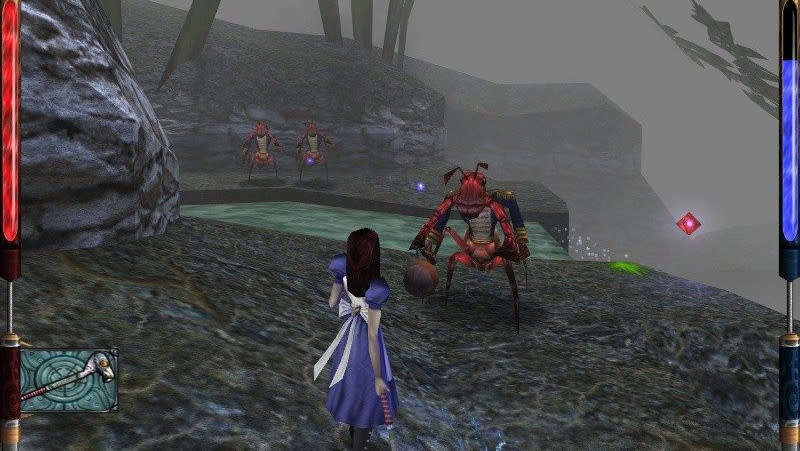Utility breaks the shackles of SafeDisc optical disc DRM for retro gamers — SafeDiscShim restores playability for classic PC titles

SafeDisc DRM, a long-time plague for purveyors of classic PC games, finally has a fix for modern Windows PCs called SafeDiskShim, which is now available on Github. While SafeDisc is attached to a number of dearly-beloved PC games, the solution itself has been long criticized for poor security, general invasiveness, and even just being plain ol' ineffective in its earliest releases. For these reasons, Microsoft warned about these issues in 2007, and finally just outright disabled the SafeDisc driver on Windows in 2015.
There were 70 total Windows titles (and two Mac OS X games) released with SafeDisc DRM between 1999 and 2008, according to a UVList.net database on the subject. Notable developers in this lineup with SafeDisc physical releases include Infinity Ward (Call of Duty 4), Ensemble Studios (Age of Empires), Ubisoft (Prince of Persia, the original Assassin's Creed), Bethesda (Morrowind), and many more.
The biggest benefit of SafeDiscShim for people who want to play their old games off discs is that it amends the main issues with SafeDisc without technically bypassing copy protection. It's more of a simple driver fix than anything else, but it makes games rendered unplayable on Windows now safely playable once more, without risking a forced unsafe driver install or a cracked executable.
Generally speaking, most PC gamers aren't going to be particularly excited about any conversation that starts with "DRM". Modern solutions like Denuvo DRM or Enigma DRM have both received criticism for negatively impacting game performance and the legitimate owner's experience, while (ultimately) failing to prevent piracy in the long-term — particularly when updates add DRM to already-cracked titles.
That said, physical media is still an important aspect of game preservation — and perfectly-intact game discs being rendered non-functional by poor DRM driver support was still a problem that needed fixing. People who purchase a game, especially a physical game, should be able to rely on that title working for as long as it remains in good condition.
While many of these games are available elsewhere for digital download, there's something to be said for the experience of actually inserting a CD. There's a reason Sony charges an extra $100 for the disc drive model of the PS5 (or $79 for an attachment), you know.

